Women's lives are part of family and social life. Women are not separate from the rest of the world , on the contrary, they are closely linked to and strongly influence family and social life. After thousands of years of struggle, today women's rights have become an issue recognized and respected worldwide .
Many international documents and legal documents have identified and promoted women's rights (United Nations Convention on the Elimination of All Forms of Discrimination against Women CEDAW (1979), considering it a responsibility of world civilization.
President Ho Chi Minh 's Declaration of Independence in 1945 quoted immortal contents in the Constitutions of democratic countries such as the United States and France: "All men are born equal..."; "Men are born free and equal in rights, and must always remain free and equal in rights". After the establishment of the Democratic Republic of Vietnam, the National Assembly passed the first Constitution in the history of constitutionalism on November 9, 1946.
[caption id="" align="alignnone" width="640"]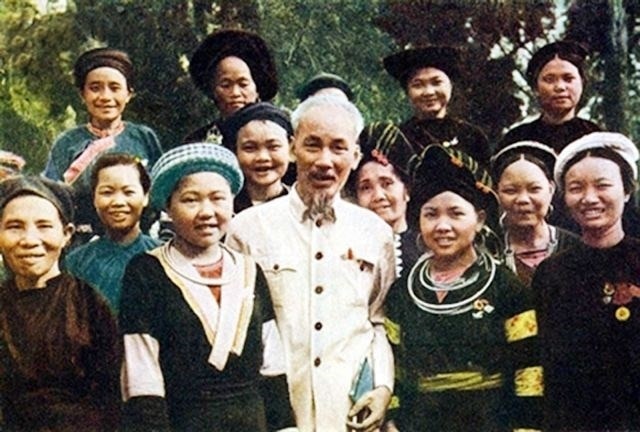 Uncle Ho with people of all ethnic groups. (Photo)[/caption]
Uncle Ho with people of all ethnic groups. (Photo)[/caption]As a democratic and progressive Constitution, it is the crystallization of the noble values of the era, responding to the aspirations of all Vietnamese people to protect national independence, unite the people and ensure the democratic freedoms of all citizens. Right in Article 1, the 1946 Constitution stated: "All power in the country belongs to all Vietnamese people, regardless of race, gender, rich or poor, class, or religion."
These were the first regulations of great significance in the context of the young country that had just been established, contributing to the cause of women's liberation and human liberation in the constitutional history of Vietnam. This regulation broke the shackles of the feudal regime's ideology of "male superiority and female inferiority" for so long.
The viewpoint of “gender equality” is also thoroughly understood and specified by the provisions in Article 6: “All citizens are equal in all aspects: politics, economy, culture”; Article 7: “All citizens are equal before the law, and are entitled to participate in the government and nation-building according to their talents and virtues”; Article 9: “Women are equal to men in all aspects”; Article 18: “All Vietnamese citizens, from 18 years of age and older, regardless of gender, have the right to vote…”
The provisions in the first Constitution of Vietnam paved the way for the idea of gender equality in all aspects of political, economic, cultural and social life, and became the dominant idea for later Constitutions on women's rights.
The 1959 Constitution continued to affirm the basic rights of the People, as well as of women, especially in Article 23, the 1959 Constitution of the Democratic Republic of Vietnam took a big step forward in democratic rights, which was the establishment of the right to run for election of citizens regardless of gender: "Citizens of the Democratic Republic of Vietnam, regardless of ethnicity, race, gender, social class... all have the right to vote... to run for election..." This affirmed the rights of women in the political field.
Thus, compared to the 1946 Constitution, the 1959 Constitution has specified more specifically the areas in which women enjoy equal rights with men. This can be considered a special respect that the law recognizes for the role of women in society.
The 1980 Constitution continued to acknowledge and inherit the legal ideas on women's rights in previous Constitutions. At the same time, it continued to clarify, supplement, affirm and expand women's rights in society. Accordingly, women's rights were affirmed in all aspects of social life, for example in Article 63 of the 1980 Constitution. According to this provision, for the first time the idea of gender equality was extended not only to adults but also to children.
[caption id="attachment_599206" align="alignnone" width="768"]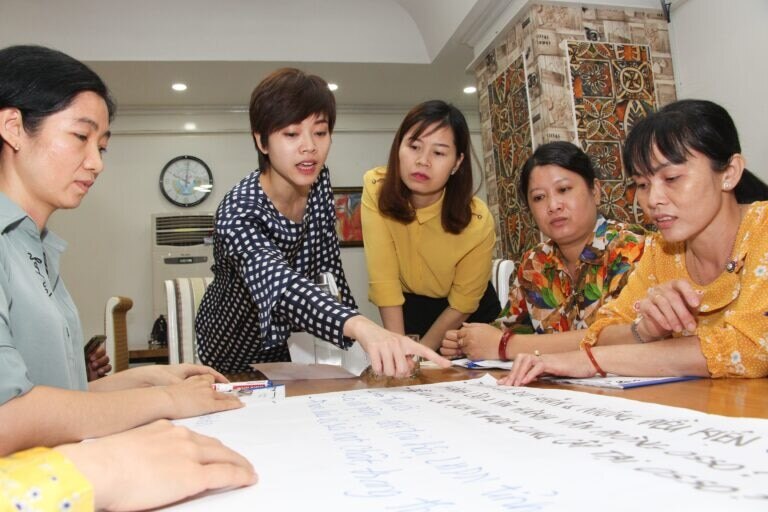 Women's rights in the 2013 Constitution are reflected in all areas from politics, economics to culture and society. (Photo: Communist Magazine)[/caption]
Women's rights in the 2013 Constitution are reflected in all areas from politics, economics to culture and society. (Photo: Communist Magazine)[/caption]The 1992 Constitution and the 2001 amended Constitution of 1992 continue to affirm the fundamental freedoms of citizens in general and women in particular as inevitable. Not only that, the 1992 Constitution, amended in 2001, also has provisions to emphasize that acts of oppression, discrimination, and treatment of women violate the norms protected by law.
In the 2013 Constitution, human rights, civil rights in general and women's rights in particular have been affirmed at a higher level when our country's lawmakers have placed Chapter V Human rights, basic rights and obligations of citizens in a solemn position in Chapter II. Women's rights in particular are expressed in all areas from politics, economics to culture and society. These rights are recognized, respected and protected by law and the whole society.
On the basis of the provisions of the Constitution on women's rights, our State has issued legal documents and sub-law documents to specify women's basic rights, to better protect women's rights, to promote the role and position of women in the family, community and society, to integrate with the regional and international legal system, in accordance with the commitments to promote gender equality and ensure women's rights that Vietnam has signed such as the Law on Gender Equality 2006; Law on Prevention of Domestic Violence 2007; Law on Marriage and Family 2014...
Vietnam is also one of the countries in the world that early ratified the United Nations Convention on the Elimination of All Forms of Discrimination against Women – CEDAW (ratified and adopted by the United Nations General Assembly on December 18, 1979).
Thus, the constitutional history of our country has gone through more than 70 years, from the 1946 Constitution to the current Constitution in 2013, the basic rights of women have been recognized and strengthened, affirming the role and position of women in the family and society. The provisions of the law have created favorable conditions for women to demonstrate their abilities and intelligence, making great contributions to the country's economic development, while preserving the national cultural traditions.
Tra Khanh



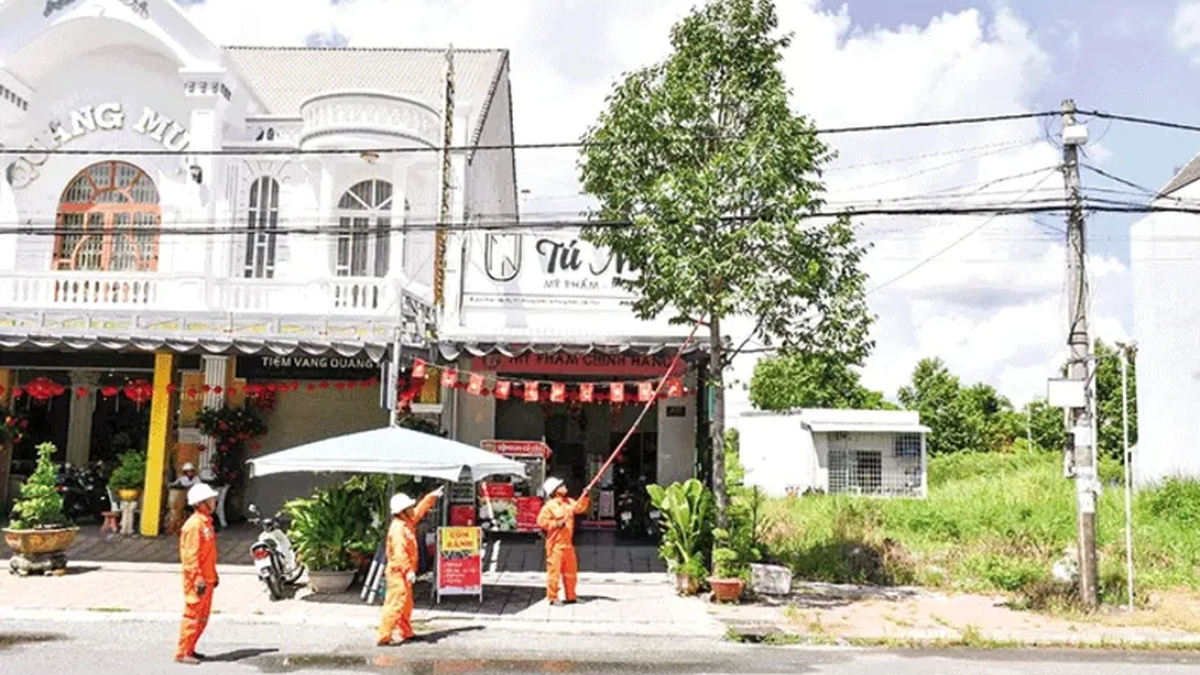



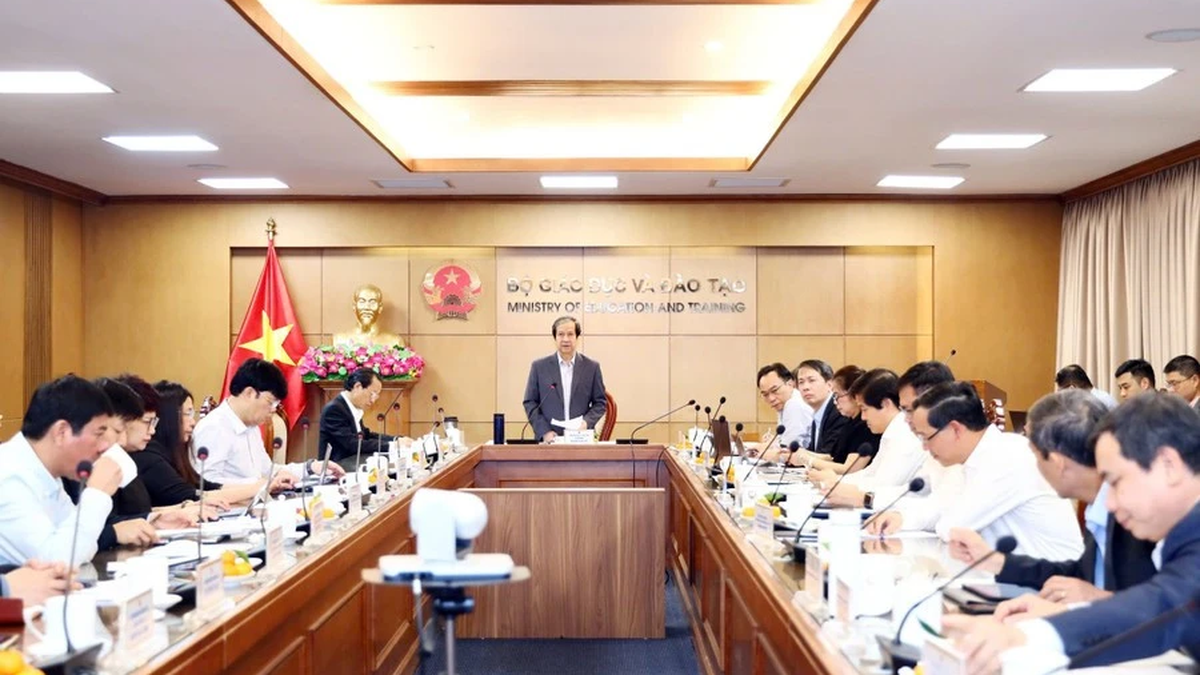
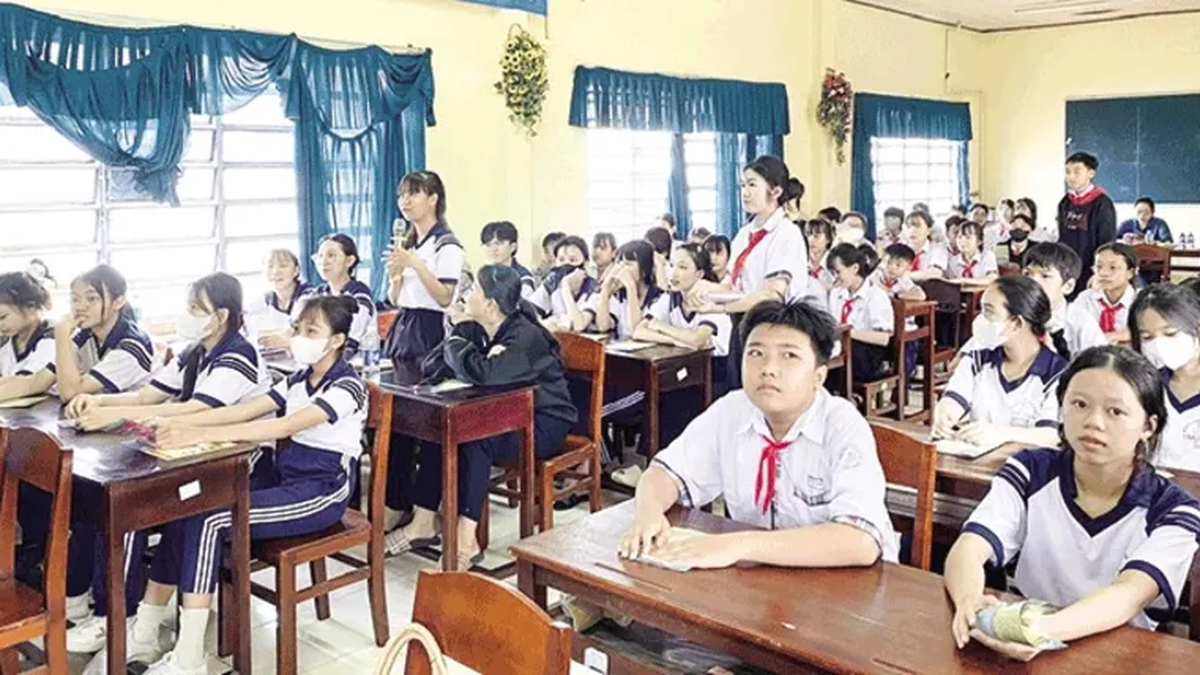
















![[Photo] Signing of cooperation between ministries, branches and localities of Vietnam and Senegal](https://vphoto.vietnam.vn/thumb/1200x675/vietnam/resource/IMAGE/2025/7/24/6147c654b0ae4f2793188e982e272651)







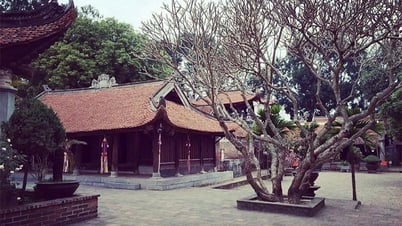





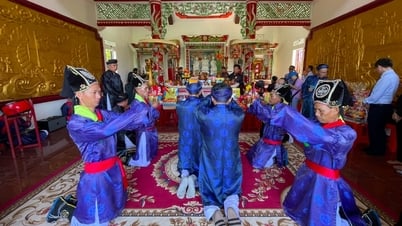

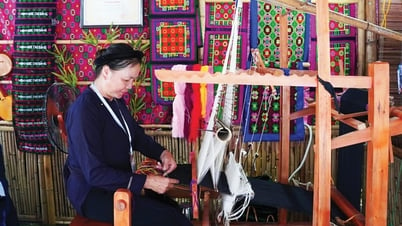

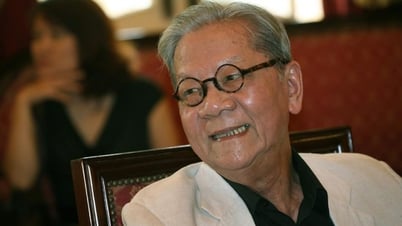










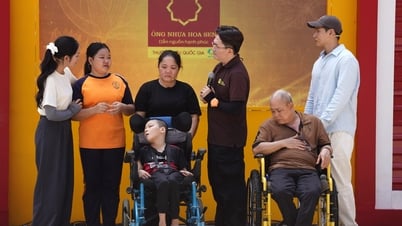




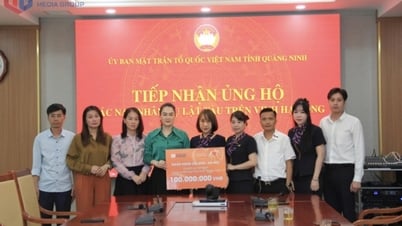

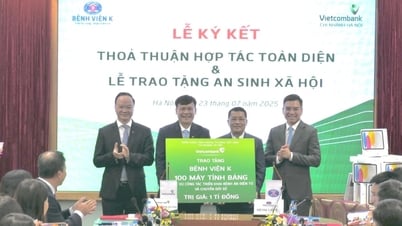


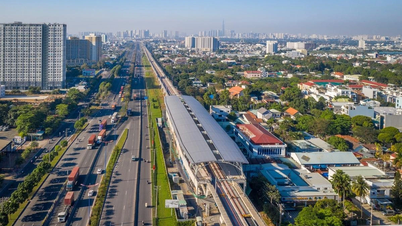




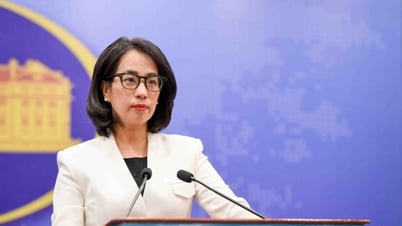







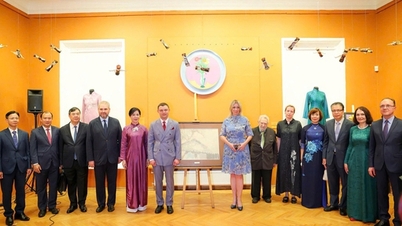





















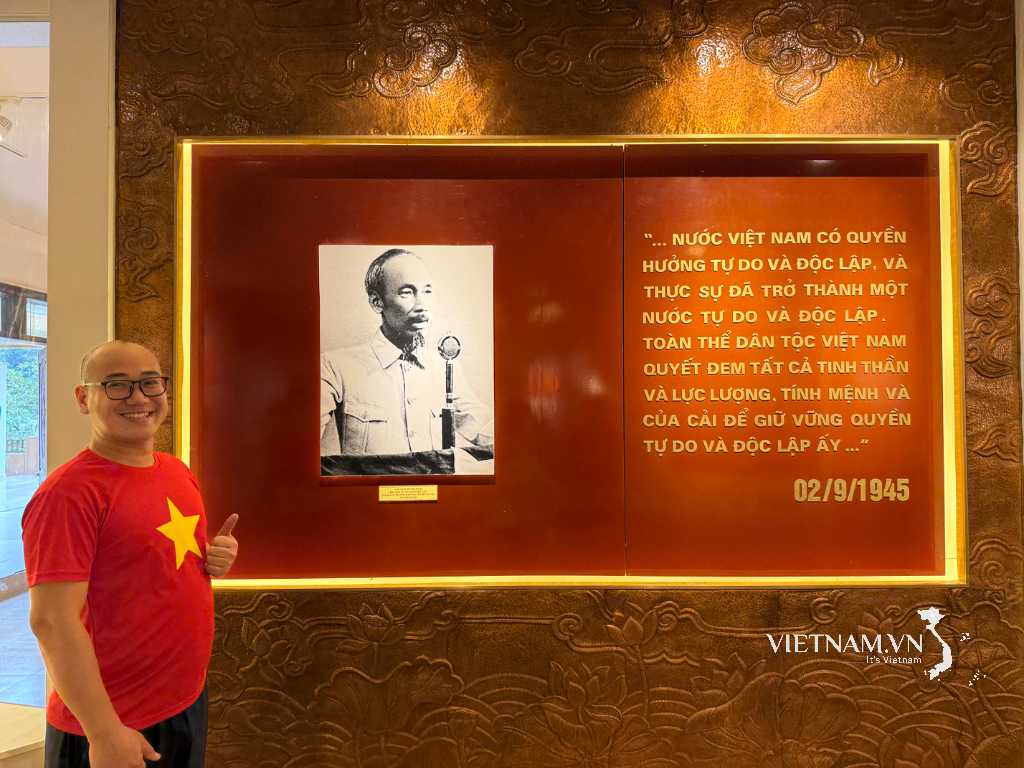

Comment (0)